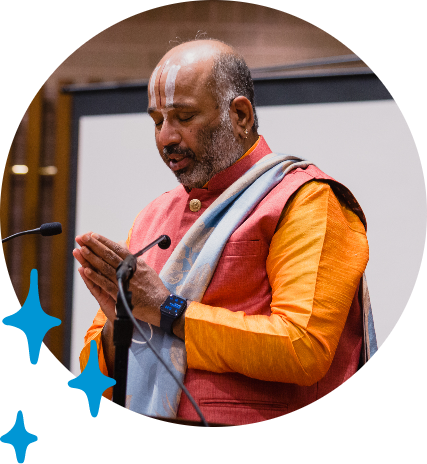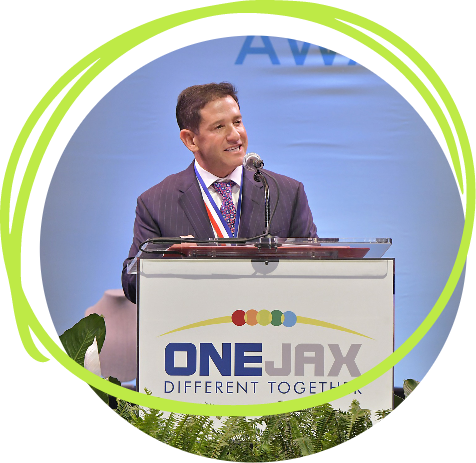Different Together
We promote respect and understanding among people of different faiths, races, sexual orientations, and other dimensions of identity.
OneJax is an independent 501(c)(3) nonprofit organization that promotes inclusivity among diverse groups as the foundation for a strong community. We work to increase respect and improve relationships among people who reflect the wide variety of religious, ethnic, racial and cultural groups that are represented in our community.

An annual Thanksgiving service expressing gratitude from a variety of faith perspectives within the Jacksonville community.

Each year, OneJax hosts a Humanitarian Awards Event to honor outstanding humanitarians and raise funds to support our programs. This notable event includes a formal ceremony to recognize a new group of honorees each year.

Mailing Address:
OneJax, Inc.
255 Rivertown Shops Drive, Suite 102, PMB 104
Saint Johns, FL 32259
Phone: 904-799-5370
Email: onejax@onejax.org